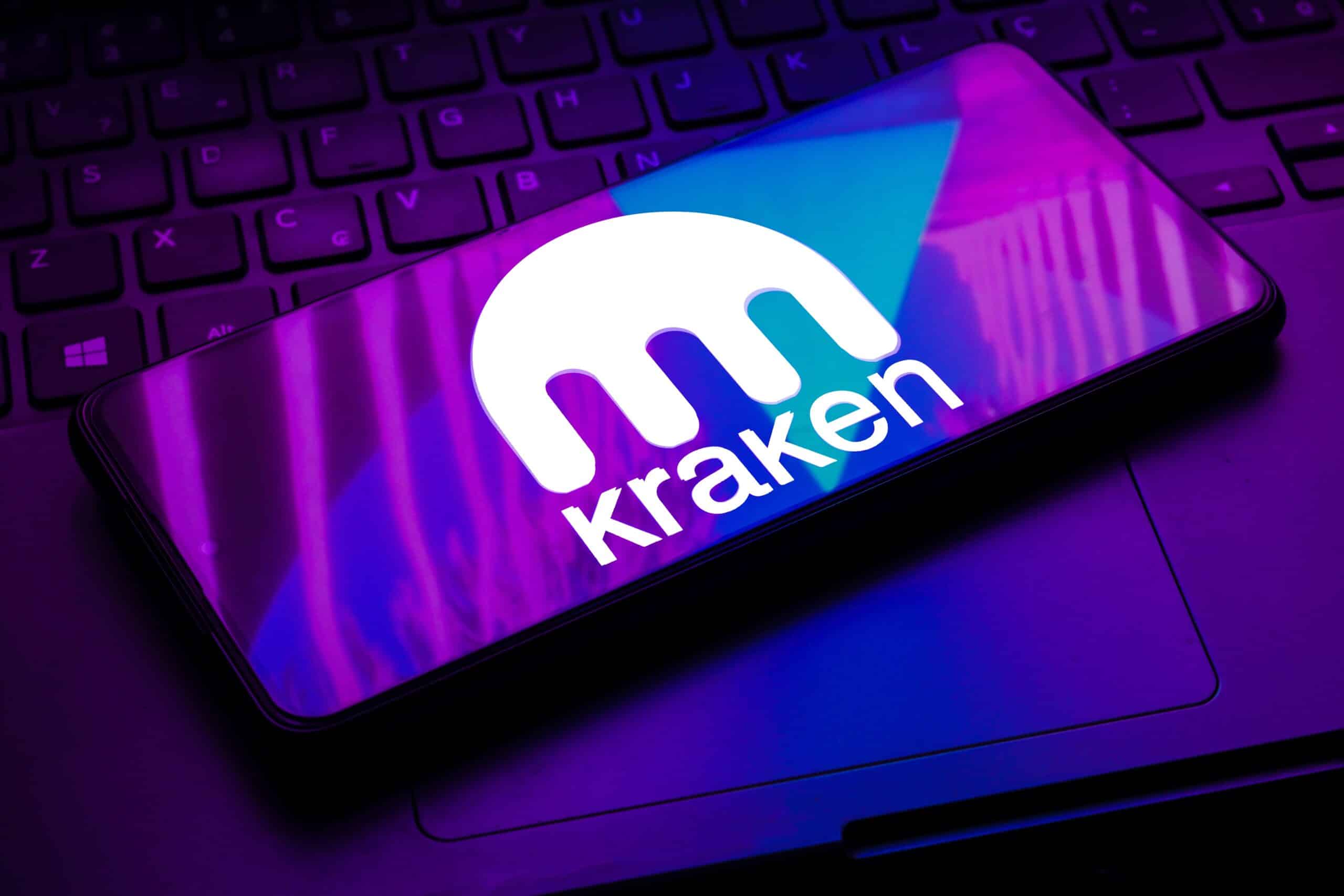A Friday report from Bloomberg sparked fears that crypto exchange Kraken could pull support for the USDT stablecoin in European markets, but the firm’s global head of asset management and business set the record straight on Sunday, saying that delisting plans were not on the cards at this point in time.
“Let’s be clear: Kraken continues to list USDT in Europe and we have no plans to delist at this time,” said Kraken’s Mark Greenberg.
“We know our European clients value access to USDT and we continue to look at all options to offer USDT under the upcoming regime.”
Greenberg’s comments on the upcoming regime concern the EU’s Markets in Crypto-Assets (MiCA) guidance, which comes into effect this July. MiCA aims to standardise the regulatory landscape for crypto assets in the region by classifying crypto assets into three categories: Electronic Money Tokens (e-Money Tokens), Asset Referenced Tokens, and Utility Tokens.
In particular, stablecoin issuers will fall under the Electronic Money Tokens directive and fiat-backed stablecoins may only be issued by electronic money or credit institutions in the European Economic Area.
At the time of writing Monerium, Membrane and Quantoz Payments are three European entities that issue on-chain stablecoins with an e-money licence – the same licence that USDC issuer Circle has applied for as it hopes to be ready for when MiCA comes into effect.
Meanwhile, USDT issuer Tether’s plans to ensure it remains compliant are less clear. In an interview with The Big Whale last month, Tether CTO Paolo Ardoino indicated that he was “effectively” giving up on the development of crypto in Europe.
“As far as Europe is concerned, I don’t think MiCA can encourage the emergence of a welcoming regulatory framework. Clearly, the message being sent is that Europe does not want crypto with regulation that largely limits access to it, especially for retail investors,” Ardoino said, noting that Europe had put “very restrictive measures on stablecoins.”
Last month, crypto exchange OKX delisted USDT trading pairs in Europe, although the exchange did not specifically cite the upcoming MiCA regulations as the reason behind the decision.



